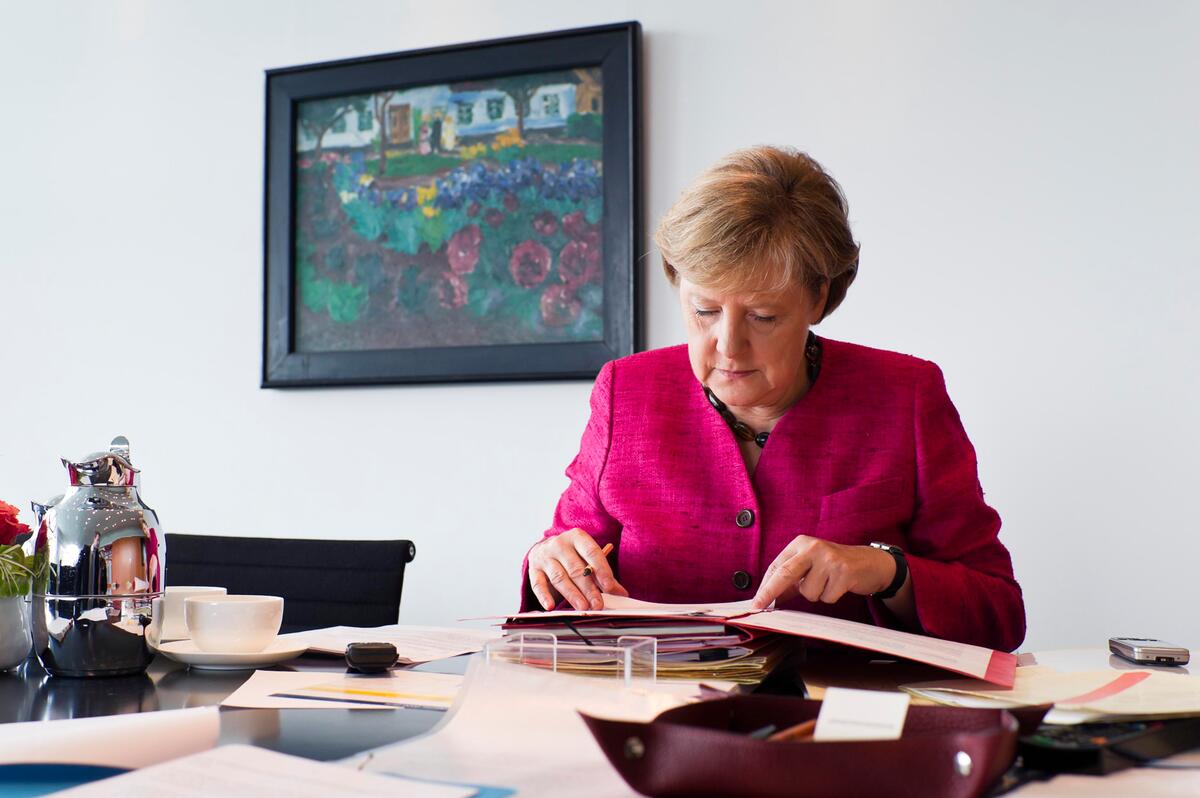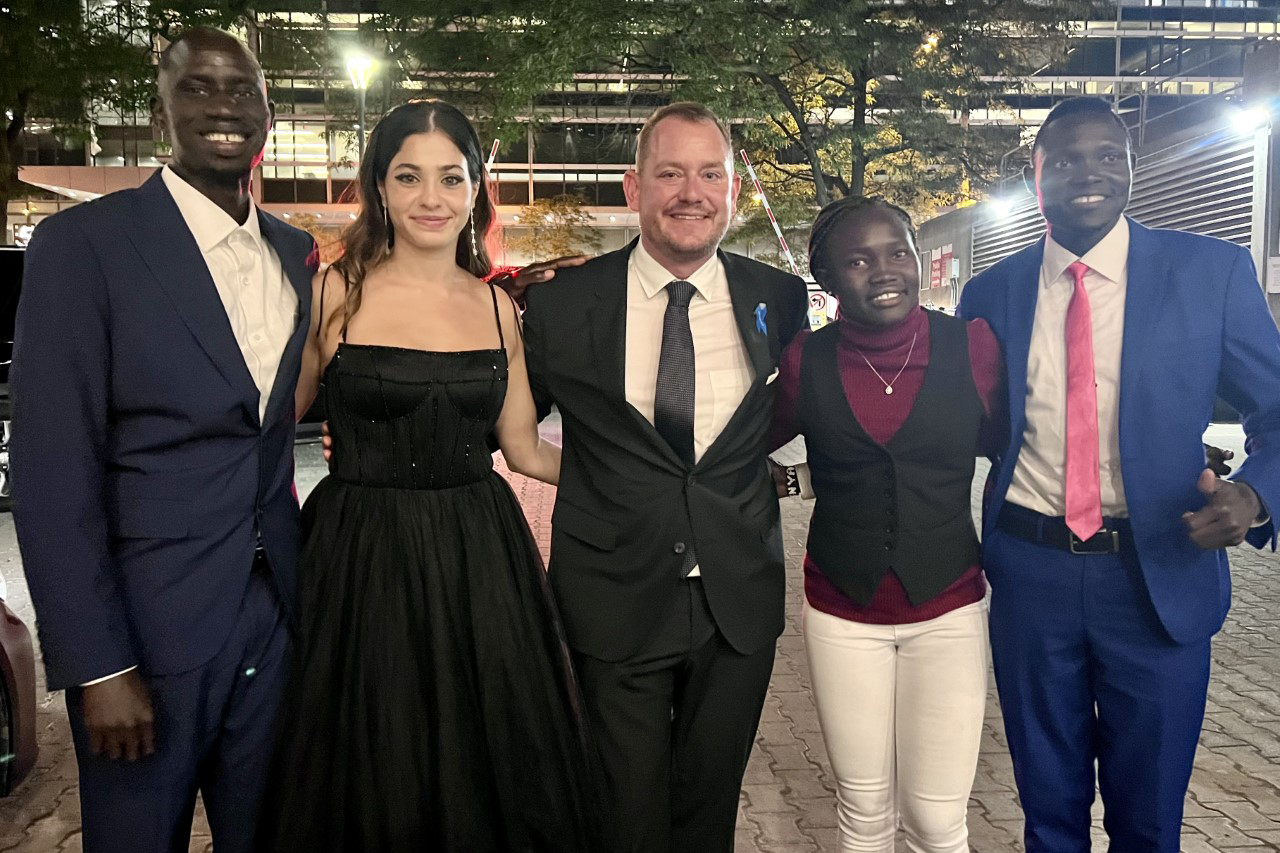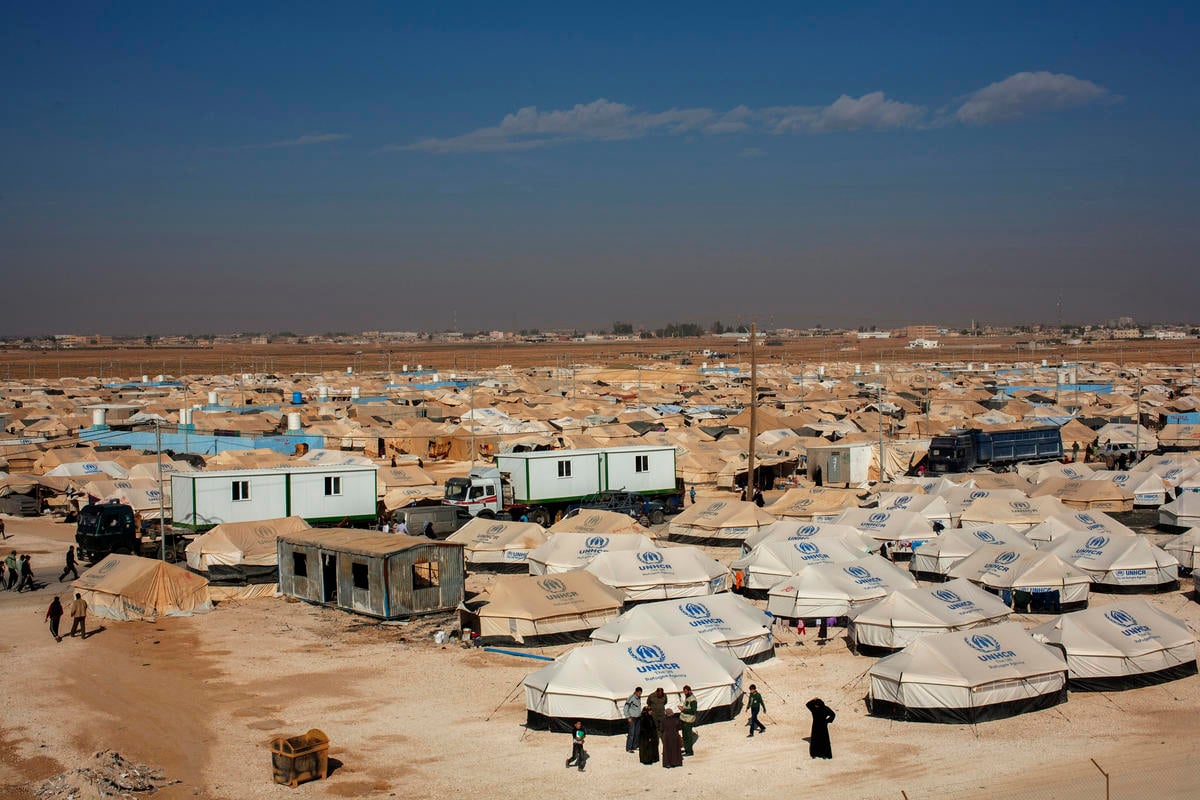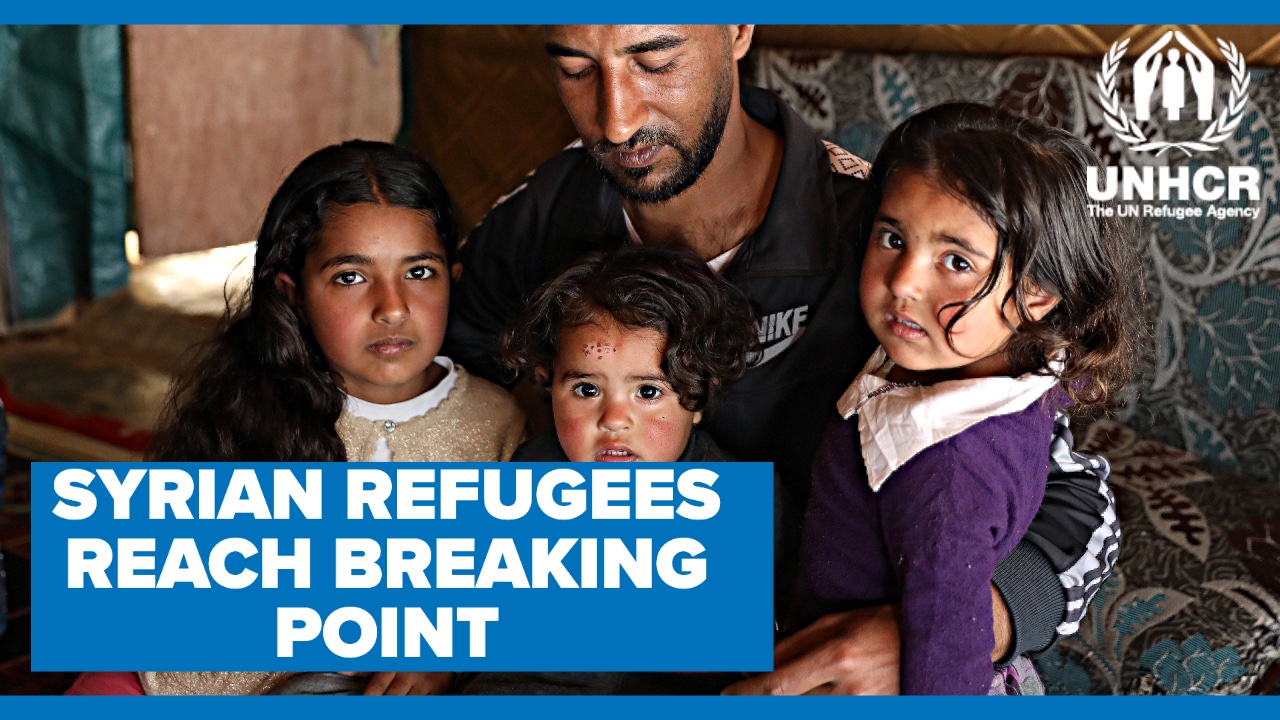Displaced by war, Syrian tailor starts over in a rented van
Displaced by war, Syrian tailor starts over in a rented van
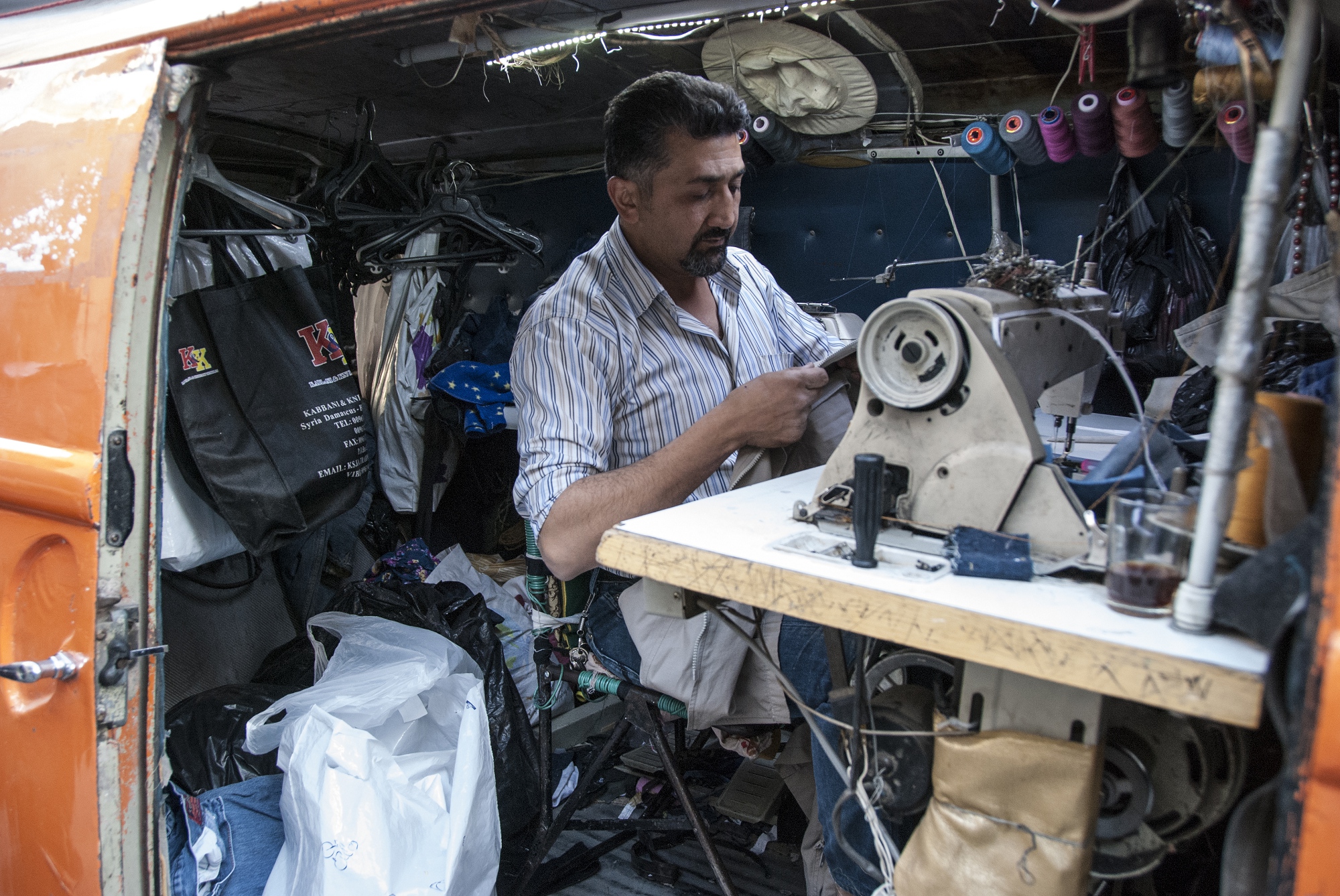
DAMASCUS, Syria, April 20 (UNHCR) - Inside an orange van crammed with mounds of clothes, Syrian tailor Mazen sits at a sewing machine mending a shirt. The whirr of the motor mixes with music from the radio as he sips tea.
Forced out of his home and thriving tailor's business by fierce fighting, the 46-year-old has started over in the rented van parked up in a side street in the ancient Syrian capital, Damascus, in a determined effort to support his family.
"I am working to feed my three children," says Mazen, as he attends customers wanting repairs and alterations to their clothes. "Imagine your child asks you to buy him something and you are powerless to do anything about it."
The tailor from Al-Zablatani, a war-ravaged neghbourhood a few miles from Damascus, is among 6.6 million people who have been displaced within Syria during more than five years of conflict that has killed more than 250,000 people and created extreme hardship.
Before war broke out in 2011, his bustling workshop employed 25 people, running up linen shirts for both the local and export markets. But as the war closed in on his home a few months later, Mazen, his wife and three sons hastily packed their lives into a few bags and fled to Damascus.
"I left when I heard the first gunshot in our neighborhood. I thought it would be a few days and we would return home," he said. "We still don't know what happened to our house."
For the first few months he survived by cleaning staircases in an apartment building, and then began selling clothing on the streets of Damascus. But with the backing of his family, he was anxious to get back to the job he knew best: tailoring.
As commercial rents in the capital are high, a friend advised him to rent a van instead. He now works in the back of a Volkswagen Kombi, running two sewing machines from a car battery in a neighbourhood where power cuts are frequent.
"Sure I make money, but it is very difficult to work here, space is tight and business is slow, whatever I make is barely enough to make ends meet," said Mazen with a shadow of a smile on his tanned face.
The fact that he is offering quality tailoring, right on the street, is appreciated by his customers. One of them, who declined to give his name, said: "Mazen is a professional tailor and he can repair the clothes in the shortest time, at a reasonable cost."
Seeking to support Mazen in his efforts to start over, UNHCR, the UN Refugee Agency, directed him to the Damascus-based Al Nada Association, a non-profit partner which offers startup grants of up to US$1,500 to small businesses.
The Association hopes to help more than 100 families in 2016 to find a source of income, and aims to be flexible in its approach. It works with families that have lost breadwinners and even supports business partnerships to help the displaced "open a carpentry shop, restaurant or grocery shop," said Nour Sultan, the small business grant manager at Al-Nada.
Mazen applied for a grant and this week received word that it had been approved. He now plans to rent a shop with an uninterrupted power supply, sufficient space to rebuild his tailoring business, and the peace to focus on work without the distractions of the street.
"I just wish that I could move from this van to a small space with a roof where nobody could bother or ask 'what are you doing here?'" he says.
By Vivian Toumen in Damascus, Syria


